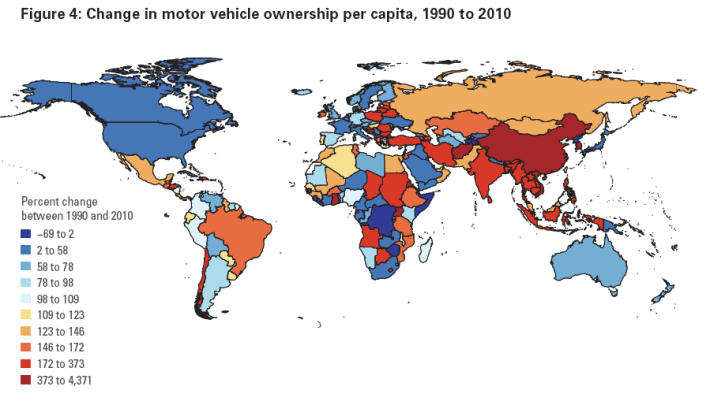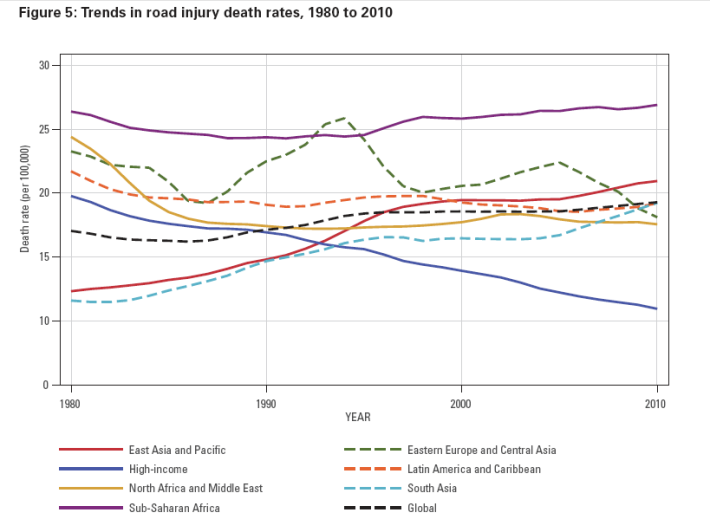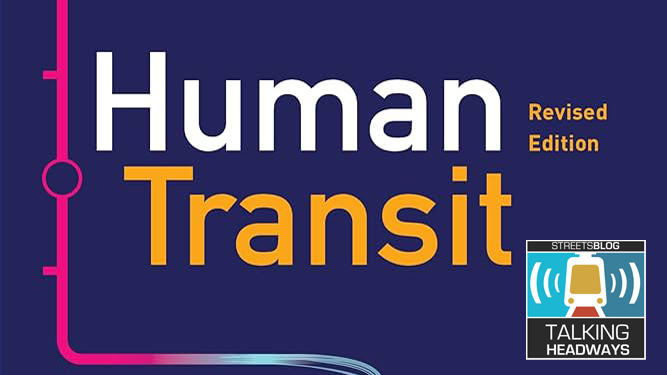In 2010, more people were killed by motor vehicles than by AIDS, or malaria, or tuberculosis. That year, 1.3 million lives were cut short by vehicle collisions, and 185,000 more people died as a result of health problems caused by vehicle exhaust. Combined, those vehicle-related factors accounted for 2.9 percent of all deaths globally, according to a report released yesterday by the World Bank and the Institute for Health Metrics and Evaluation.
The World Bank said global development lenders are growing concerned about the rising road death toll. In the past two decades, road deaths grew 46 percent worldwide, the organization reported. Pedestrians accounted for 35 percent of the victims. In some parts of Africa, as many as 50 percent of fatal crash victims were killed while walking.
International development agencies have long recommended road-building as an economic growth strategy, but the high toll of traffic deaths in many developing nations is also a drag on economic performance. Road deaths have been rising in poorer countries while declining, for the most part, in affluent nations, the World Bank reported.
Between 1990 and 2010, the organization reports that the "road injury disease burden" -- a metric that encompasses both health and economic factors -- declined 16 percent in the United States, compared to Japan's 40 percent and Sweden's 30 percent.
Meanwhile, from 1980 to 2010, road deaths increased 77 percent in China and 66 percent in India.
"Road crashes cost an estimated 1 percent to 5 percent of GDP in developing countries, undermining efforts to reduce poverty and boost shared prosperity," said Jim Yong Kim, president of the World Bank Group in the report.
The WHO recommends that countries do a better job reporting traffic fatalities. Some counties in Africa, the agency found, are under-reporting traffic fatalities by a factor of five. The World Bank also recommends better coordination between public health professionals and agencies responsible for transportation development, and it urges counties to encourage active commuting to improve health outcomes.






